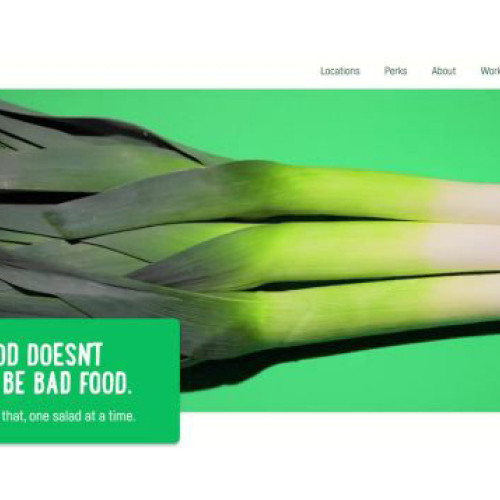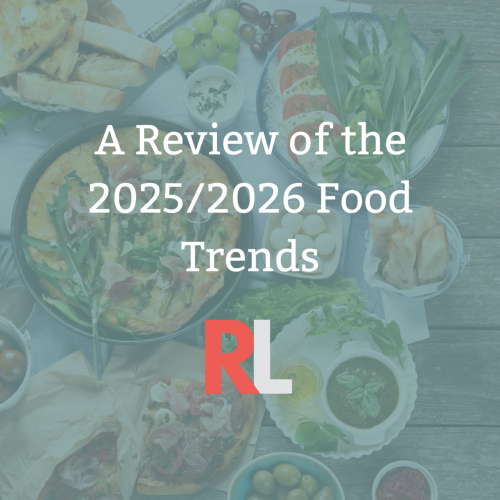What’s on the menu: How will a no-deal Brexit affect the foodservice industry?
The Covid-19 pandemic has swamped the minds and lives of people all around the world, so much so that many Brits have pushed the previous ‘hot-topic’ of Brexit to the back of their minds However, as we draw closer to the end of our 11-month transition period, and the likelihood of a no-deal Brexit begins to sink in, it’s now time to become re-acquainted with all things Brexit and exactly how a ‘no-deal’ could affect the foodservice industry…
Produce problems and steep prices
Many foodservice operators currently source their ingredients and equipment from overseas for varying reasons. For example, many European-themed restaurants will want to import their ingredients from overseas in order to create are authentic dishes. In other cases, restaurants and wholesalers have no choice but to import from overseas. Take paella rice for example: As Spain is one of the only countries in the world to produce this kind of rice,wholesalers that wish to stock this ingredient will have to make importing from overseas part of their process.
So where does this dilemma leave wholesalers and restaurants? Well, the good news is that businesses should still be able to get their hands on these ingredients… the downside? These ingredients are possibly set to become more expensive, and potentially harder to get hold of if a no-deal Brexit comes into fruition. This is in-part due to the declining value of the pound, the implementation of tariffs and increased levels of paperwork which could result in import delays.
To overcome this, operators may look at stockpiling ingredients, or, where possible, sourcing local ingredients; which leads us onto our next point…
A resurgence in British menus (and kitchens)
The plain and simple fact that importing will become more of a challenge following a no-deal Brexit is likely to encourage many businesses to begin backing British, both from a produce and equipment point of view. This of course is a big plus for British farmers, manufacturers and the British economy as a whole. None the less, operators are likely to still have concerns about product choice and seasonal availability when exclusively buying British – concerns which may be reflected in menus through a smaller selection of dishes which change according to the seasons.
Whilst some customers may be disappointed by this smaller-style menu, many will adore the prospect of being presented with an all-British menu which changes according to the season.
Talent pools will continue to shrink
Up until recently, careers in hospitality had been hugely popular with migrant workers in the UK.
However,as uncertainty surrounding residency continues to bubble away in the run-up to a no-deal Brexit scenario, many migrant workers have already made the premature decision to pack their bags, quit their jobs, and leave the country. This has, and will continue to have a negative effect on hospitality talent pools; especially seeing as in the UK, hospitality is unfortunately not viewed as a desirable career.
To overcome this, hospitality businesses must look at ways in which they can make careers in hospitality more appealing, whether through offering additional training programmes, greater flexibility on working hours or an increase in wages. Unfortunately, at a time when the industry is already facing challenges from Covid, these additional challenges from Brexit will not be a welcome distraction and will put even greater stress on both group and independent operators.
Even though the exact recipe for overcoming the challenges of a no-deal Brexit is hard to define at this stage, what we can say for certain is that businesses that educate themselves on a no-deal Brexit scenario, who plan-ahead wherever possible, and are willing to adapt in order to thrive and survive, are the ones that will have all the right ingredients for success.












